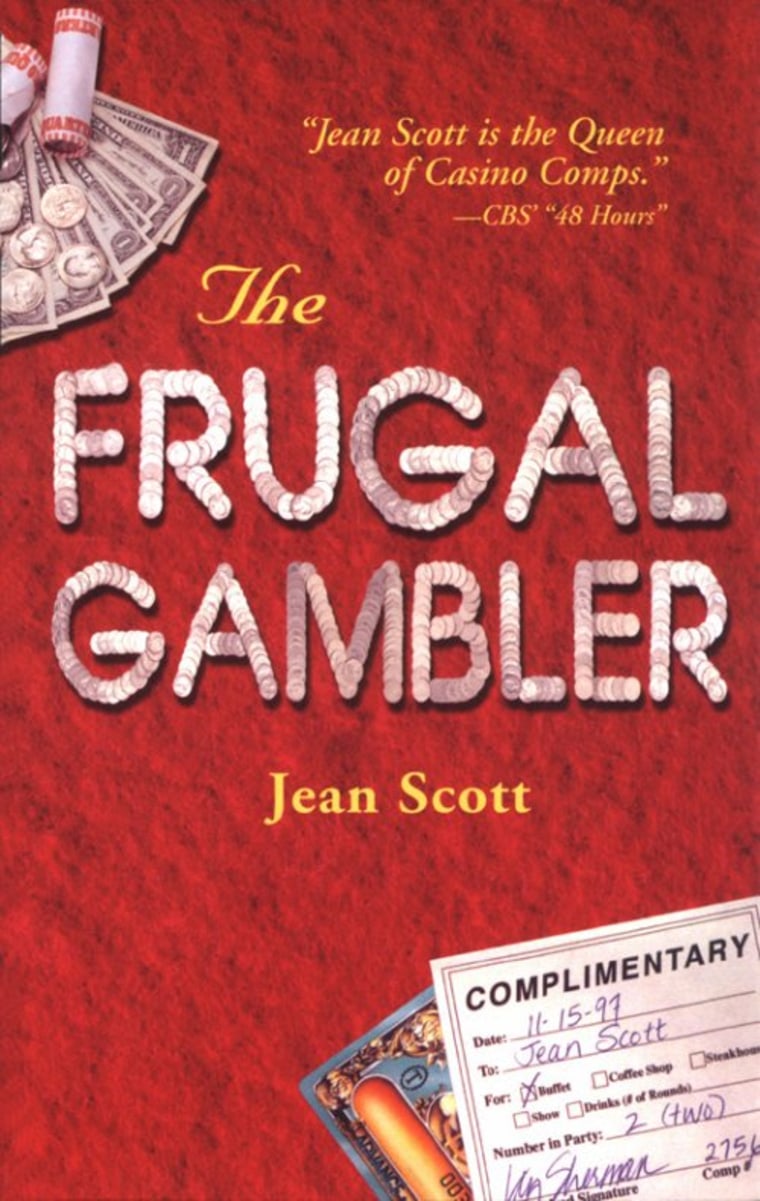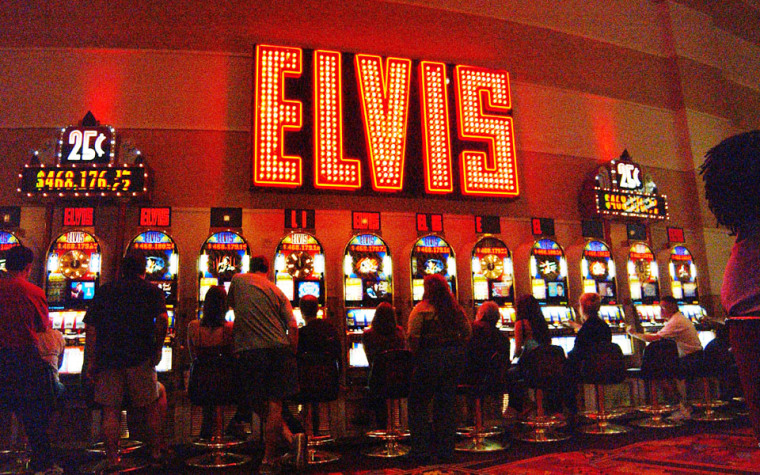One of the most frequent questions I’m asked is, “How do I know which slot machine will give me the best odds?” Unlike video poker (as you’ll see in the next chapter), determining slot machine odds is not an exact science. Far from it. Back in the “good old days” when slot machines were mechanical, you could count the number of symbols on each reel and calculate the payback percentages. Nowadays, most slot machines are computerized, allowing each casino to set the paybacks at whatever percentages they want to. It no longer has anything to do with the number of reels and the number of symbols that you see on each reel.
Most people don’t know this, but the reels themselves are just the physical manifestation, the expression, of what’s called a “random number generator.” Frank Scoblete, a prolific gambling writer, calls it “the god in the machine,” which is an interesting way to visualize it. The reels are something to watch to make the game exciting and enjoyable, but the odds are already set. If the casino decides, for example, that it wants to take 3% of the action on a machine, it means that over the long haul that machine can be counted on to hold on to pretty close to 3% of the money played through it. And the random number generator sees to it that the money is won randomly. That’s important. It’s the reason that all those machine-selection-based slot systems you read about don’t work. Machines don’t become due, or hot, or played out. Nor do they lapse into predictable cycles. They pay (or don’t pay) randomly.
Do casinos set different return rates? Sure they do. The way a casino sets the payback percentage depends on a number of business determinations: the desired profit margin, the sophistication of the customers, and the competition, among others. The problem is, there’s no way for you to know what those percentages are. The same machine that a Strip megaresort sets for a 3% hold could be set for a 7% hold in one of the grind joints in downtown Las Vegas or for a 10% hold on a riverboat in Missouri. All the machines look exactly alike, so there’s no way to determine this just by looking at the machine; only the casino knows.
Still, you can use a few general rules based on facts to guide you. Because the casinos in Atlantic City have to publish their slot machine win figures, charts that tell you how much each casino in Atlantic City paid out on its quarter machines, fifty-cent machines, dollar machines, etc. are reprinted every month in magazines like Casino Player. The New Jersey casinos don’t differentiate between video poker and slots, but you can still get an idea. The Casino Player charts also cover slot payouts in Connecticut, Nevada, Illinois, Iowa, Colorado, Mississippi, Indiana, and Missouri. They give you a good total picture of the slot scene in the U.S.
The charts show other things, too. For example, the higher the coin denomination of the slot machine, the higher the payback. This is almost always true in any casino. The payback percentage from a 5¢ or 25¢ machine will rarely be as high as a $1 or $5 machine. Why? Because the casino can take a small portion of a big bet and still make just as much money, if not more, than a big portion of a small bet. The casino can take only 2% of a $1 bet and make its 2¢, but it has to take 20% of a nickel bet to make a penny. As a rule, the higher the denomination of the machine, the lower the percentage the casino takes.
Here’s another rule of thumb. Economics dictates that bigger casinos are likely to offer higher return percentages. It’s the same idea as above: a smaller piece of a bigger pie. A big casino with lots of players can afford to give back more than a smaller casino with less volume.
The casino’s location can also be used as a gauge. If you play 25¢ slots in Atlantic City, as a general rule the return is 92% at the best casino (the Tropicana in recent years). So for every $100 you put into the best slot machine in Atlantic City, you can expect to lose on average $8. It’s known that Las Vegas has higher slot paybacks than most, if not all, other casino venues, due to the extreme competition in the granddaddy of all gambling locales. Within Las Vegas, the downtown casinos in general pay back a slightly higher percentage (nearly 96%) than the Strip casinos. These are averages. There may be a casino on the Strip that has higher slot machine payback percentages than one of the tougher casinos downtown. In general, though, you’ll lose a little more slowly playing slots in downtown Las Vegas than you will on the Strip or in Atlantic City, and probably significantly more slowly than in any other casino jurisdiction.
One more point. You’ll see big signs in the casinos, particularly on the $1 slot machines, that claim, “These machines pay back up to 97%.” I’ve seen them up as high as 99%. But don’t be fooled. Since the sign says up to 97%, there may be one machine in that bank that pays 97%, while the rest pay much less.
You might ask, “Why couldn’t casinos give you back 80% instead of 97%? Why wouldn’t they want to earn 20% instead of just 3%?” Well, after a while, the players (particularly the locals and those who go to casinos frequently) would realize that they were losing all the time and quickly. They’d eventually go next door, or across the street, or wherever they could enjoy more gamble for their buck. People do get a feel for how much they lose and they can pretty much tell the difference—if the difference is large enough.

I hope you’ve noticed that all the return percentages quoted above are below 100%, and realize, accordingly, that if you play long enough, you will lose. You can almost never finish ahead of the slot machines after long periods of play—unless you get very very lucky and hit a huge jackpot. And even if you do hit a big payday, you can lose. I heard a story about a slot player who hit a jackpot of more than a million dollars, and within two years he’d poured all of his winnings back in.
Excerpted from The Frugal Gambler, Copyright © 2003 by Jean Scott. Used by permission of Huntington Press, Inc., New York. All Rights Reserved.
